TOM20 protein production rescued nerve cells damaged in Parkinson’s due to the toxic build-up of alpha-synuclein protein, a rat study found.
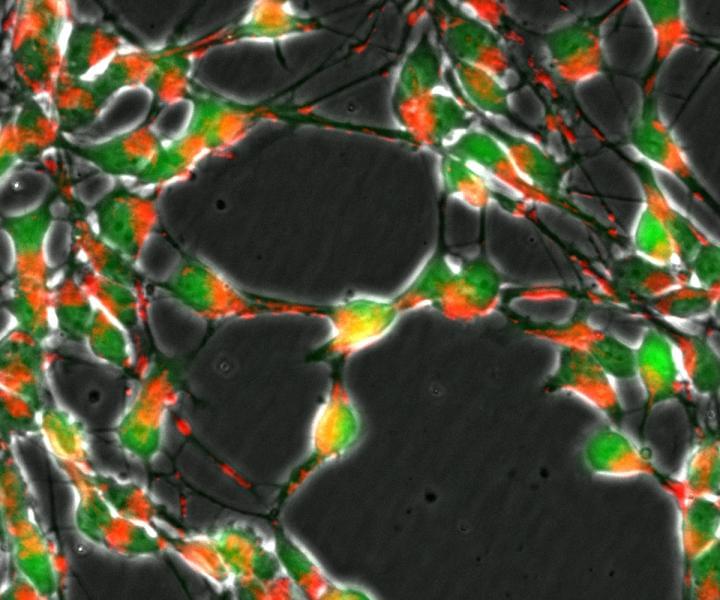

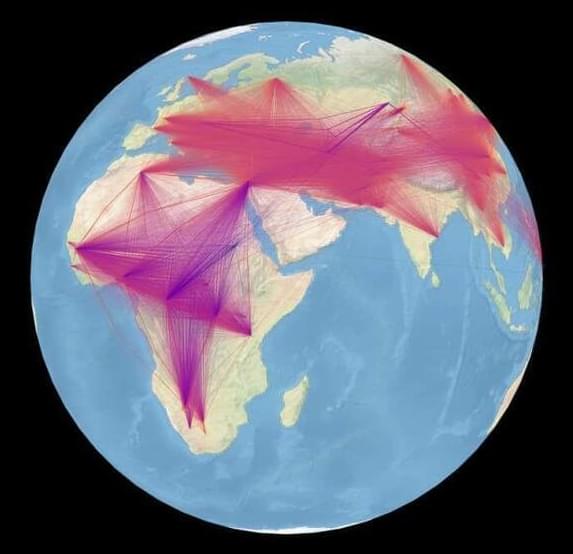
The physicists, constructing “time crystals”, happened on an error correction technique for quantum computers. The rest is the story we all wish we were in.
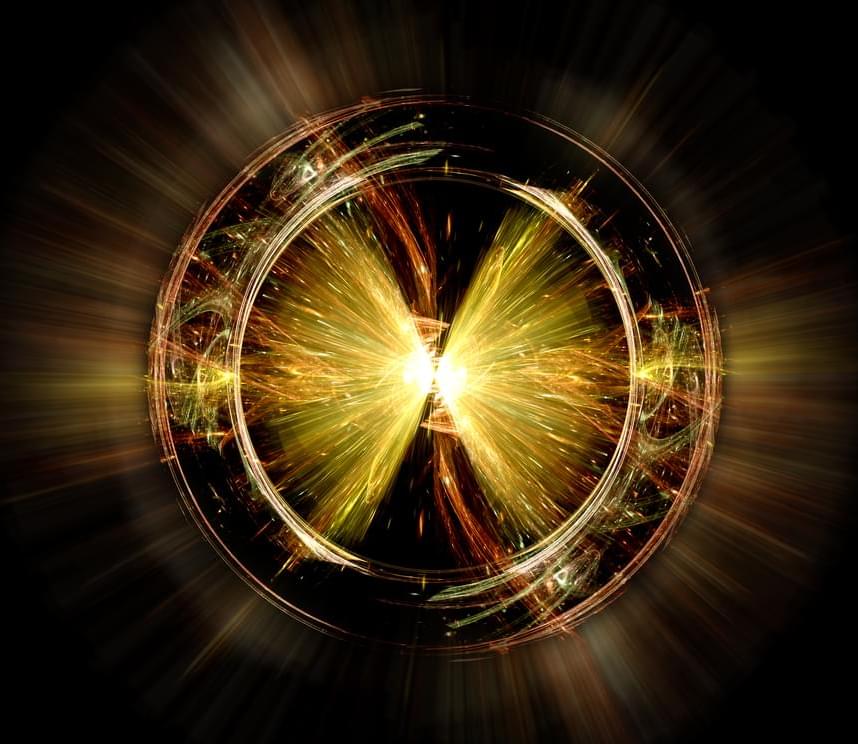
In particle physics, particles are constantly interacting and interfering with all the other kinds of particles, but the strength of those interactions depend on the particle masses. So, when we try to evaluate anything involving the Higgs boson – like, say, its ability to maintain the separation between the electromagnetic and weak nuclear forces – we also need to pay attention to how the other particles will interfere with that effort. And since the top quark is handily the biggest of the bunch (the next largest, the bottom quark, weighs a mere 5 GeV) it’s essentially the only other particle we need to care about.
When physicists first calculated the stability of the universe, as determined by the Higgs boson’s ability to maintain the separation of the electroweak force, they didn’t know the mass of either the Higgs itself or the top quark. Now we do: The top quark weighs around 175 GeV, and the Higgs around 125 GeV.
Plugging those two numbers into the stability equations reveals that the universe is… metastable. This is different than stable, which would mean that there’s no chance of the universe splitting apart instantly, but also different than unstable, which would mean it already happened.
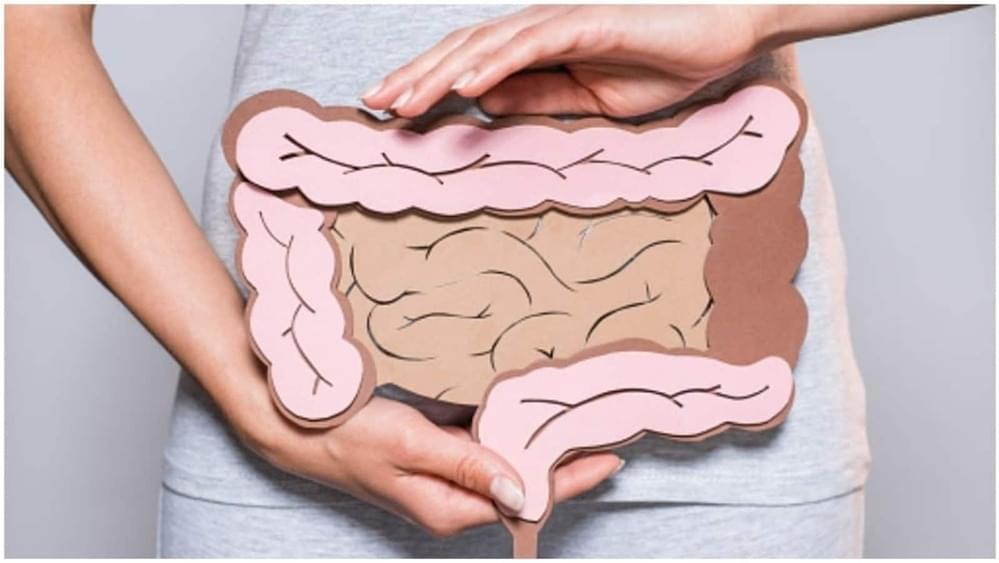
“This shows that we must factor the gut microbiome into our understanding of how nanomaterials affect the immune system,” said the paper’s corresponding author Bengt Fadeel, professor at the Institute of Environmental Medicine, Karolinska Institutet. “Our results are important for identifying the potential adverse effects of nanomaterial and mitigating or preventing such effects in new materials.”
ALSO READ: Researchers reveal tomatoes’ health benefits to gut microbes
Graphene is an extremely thin material, a million times thinner than a human hair. It comprises a single layer of carbon atoms and is stronger than steel yet flexible, transparent, and electrically conductive. This makes it extremely useful in a multitude of applications, including in “smart” textiles equipped with wearable electronics and as a component of composite materials, to enhance the strength and conductivity of existing materials.
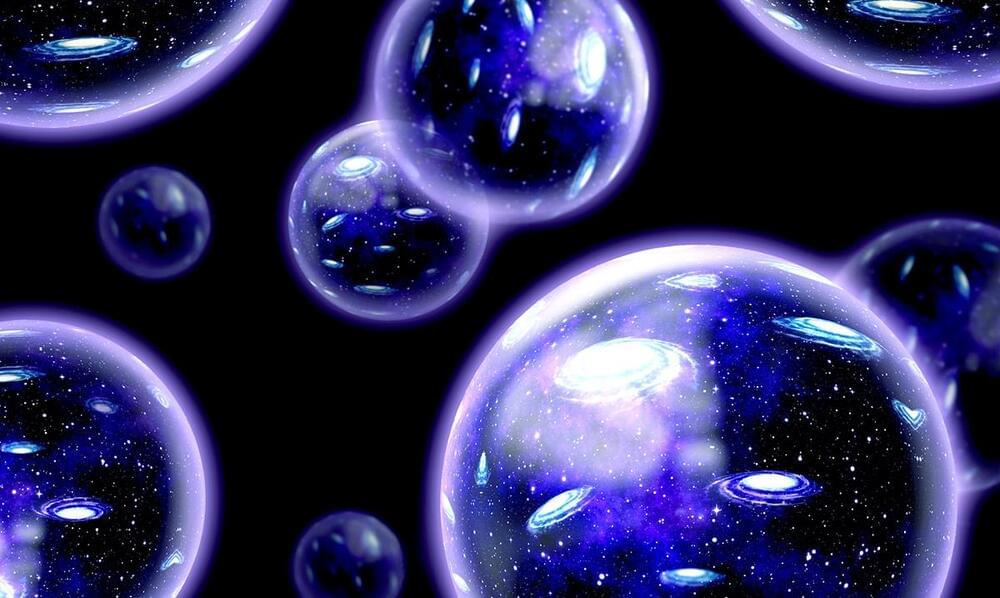
I disagree with this because consciousness ends after death.
Since the beginning of time, man has questioned what happens after death. Of course, there are a variety of typical answers to this question, but scientists may have just added an infinite number of other possibilities, just to shake things up.
According to Robert Lanza, M.D, death is actually a door to an endless number of universes. Furthermore, during our life, Lanza asserts that anything that possibly can happen is happening in some universe. He continues to explain that death does not exist in these scenarios since all of these possibilities are taking place at the same time. The only reason we associate our consciousness with our physical body is due to energy operating around in our brains.
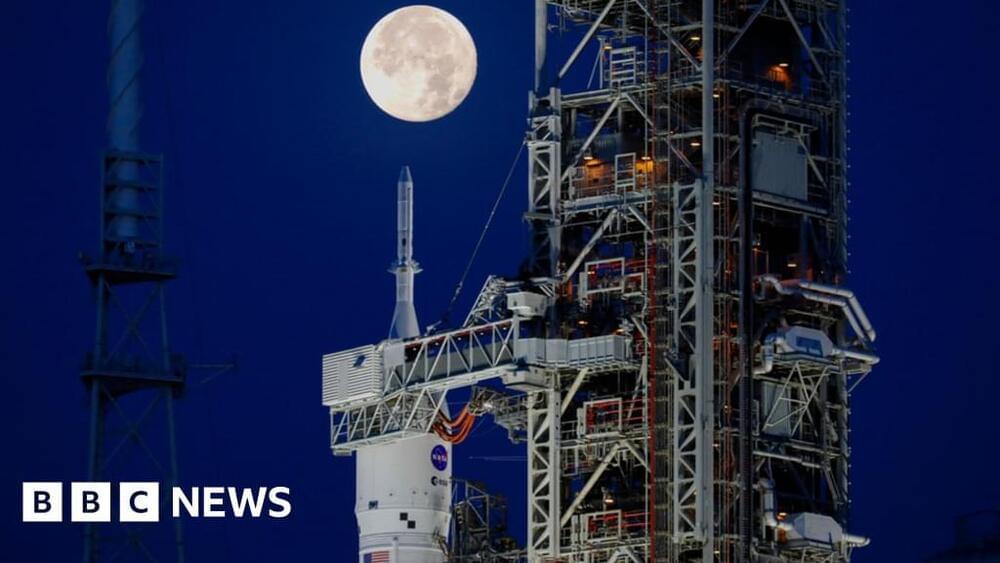
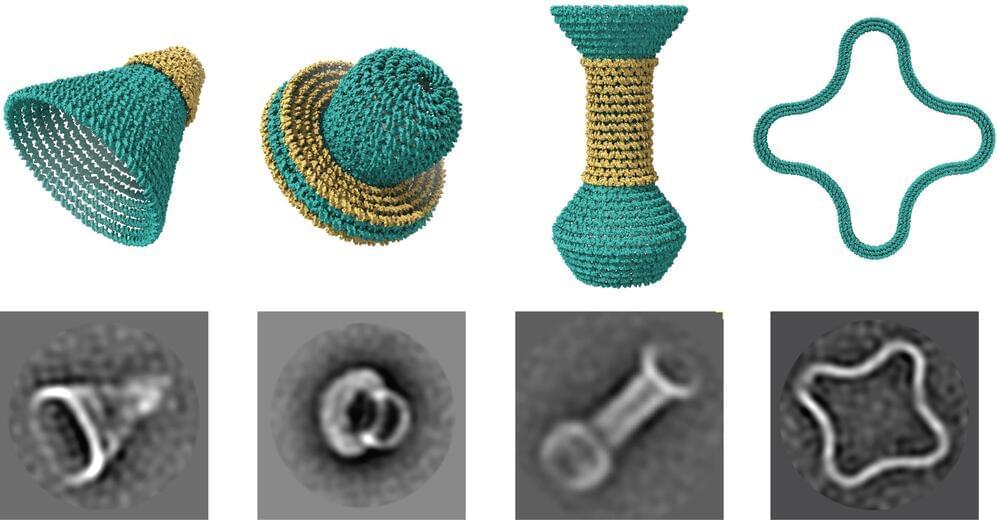
Marvel at the tiny nanoscale structures emerging from research labs at Duke University and Arizona State University, and it’s easy to imagine you’re browsing a catalog of the world’s smallest pottery.
A new paper reveals some of the teams’ creations: itty-bitty vases, bowls, and hollow spheres, one hidden inside the other, like housewares for a Russian nesting doll.
But instead of making them from wood or clay, the researchers designed these objects out of threadlike molecules of DNA, bent and folded into complex three-dimensional objects with nanometer precision.
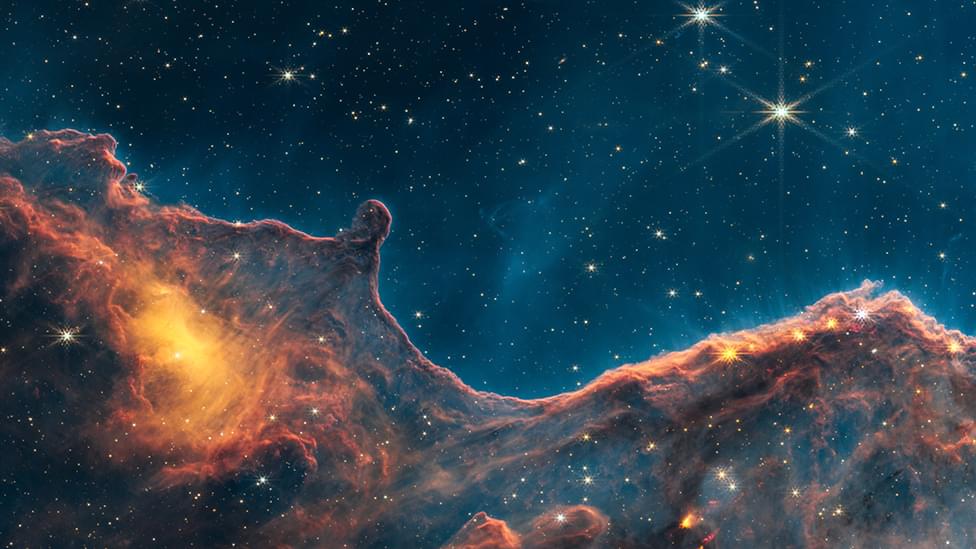
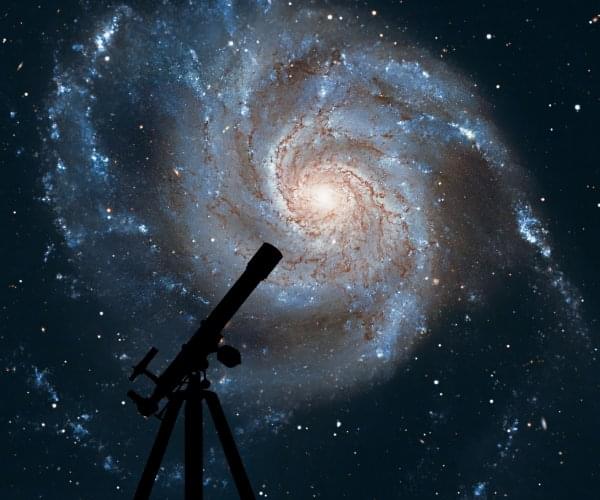
Observations from NASA reveal how complex and catastrophic an event it can be when a star gets too close to a black hole, CBS News reported on Wednesday.
Such an event does not occur in a single moment but, according to NASA, can take several months as the black hole’s gravity slowly sucks in the star’s being.
The latest such observation, which took place over a period of more than five months, was watched by multiple telescopes, NASA’s Jet Propulsion Laboratory reported.